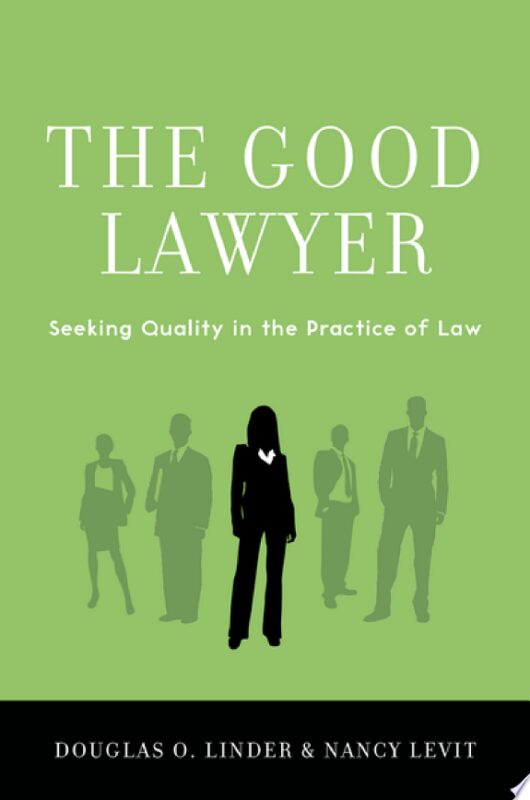Lusitania Disaster—Part VII
A Workers Compensation Controversy
Michael Sean Quinn
(See below.)
Systems of
compensation for worker/employee death or injuries are ancient. In some cases, as old as insurance itself—or
older even.
compensation for worker/employee death or injuries are ancient. In some cases, as old as insurance itself—or
older even.
In the modern age,
however, sophisticated and complex versions of them became ever more accepted
beginning in the fourth quarter of the 19th century. Such systems were
usually created by central governments, and in the United States this was by
state governments. For various reasons, the United States ran a bit behind
Europe in creating these systems.
however, sophisticated and complex versions of them became ever more accepted
beginning in the fourth quarter of the 19th century. Such systems were
usually created by central governments, and in the United States this was by
state governments. For various reasons, the United States ran a bit behind
Europe in creating these systems.
None of the U.S.
systems involved the government systematically providing compensation for the
employees of private companies, and private companies
could purchase special insurance or pay
for it themselves. (Or they could be what is
called, “self-insured” up to a
point, and then an insurance policy[1] and its issuer
would take over. That is more or less
how things are today. Case law based on
statutory interpretation began developing immediately. Still, by the time the
Lusitania was torpedoed on May 7, 1915, the law was not an old body of law.
systems involved the government systematically providing compensation for the
employees of private companies, and private companies
could purchase special insurance or pay
for it themselves. (Or they could be what is
called, “self-insured” up to a
point, and then an insurance policy[1] and its issuer
would take over. That is more or less
how things are today. Case law based on
statutory interpretation began developing immediately. Still, by the time the
Lusitania was torpedoed on May 7, 1915, the law was not an old body of law.
This
is the context in which the case of Foley v. Home Rubber Company., 40 N.J.L.
80, 99 A. 624 (N.J. 1917) arose. (The “A” stands for “Atlantic Reporter,” while
“N.J.L.” refers to the state’s official reporter.) Arthur F. Foley was employed by Home as a salesman who traveled and a supervisor or manager of other
salesmen. He was on the Lusitania going
to England on company business. He was killed, and his wife Thirza Ann Foley
sued to recover. The trial court, the Court of Common Pleas for Montgomery
County, handed victory to Home Rubber, based upon
agreed stipulations as to relevant facts the employer, and Ms. Foley appealed.
The New Jersey Supreme Court reversed and remanded.
is the context in which the case of Foley v. Home Rubber Company., 40 N.J.L.
80, 99 A. 624 (N.J. 1917) arose. (The “A” stands for “Atlantic Reporter,” while
“N.J.L.” refers to the state’s official reporter.) Arthur F. Foley was employed by Home as a salesman who traveled and a supervisor or manager of other
salesmen. He was on the Lusitania going
to England on company business. He was killed, and his wife Thirza Ann Foley
sued to recover. The trial court, the Court of Common Pleas for Montgomery
County, handed victory to Home Rubber, based upon
agreed stipulations as to relevant facts the employer, and Ms. Foley appealed.
The New Jersey Supreme Court reversed and remanded.
The trial court
explicitly based its decision on the fact that the employer could not be found to have been negligent with respect to
Mr. Foley’s death. The Supreme Court
virtually opens its opinion by stating that no
such thing is required by the statute.
explicitly based its decision on the fact that the employer could not be found to have been negligent with respect to
Mr. Foley’s death. The Supreme Court
virtually opens its opinion by stating that no
such thing is required by the statute.
How a competent
court could have made this mistake is beyond me, and—no doubt—it was beyond the
Supreme Court as well. A central purpose
of workers compensation insurance and the public policy behind it is to
transfer risk-costs of work-related injuries from the worker to the
employer (and its insurance provider). Requiring that employers be held
negligence as a necessary condition for workers being compensated would defeat
the whole purpose of the system. This
fact was widely known to the public and lawyers before 1915.
court could have made this mistake is beyond me, and—no doubt—it was beyond the
Supreme Court as well. A central purpose
of workers compensation insurance and the public policy behind it is to
transfer risk-costs of work-related injuries from the worker to the
employer (and its insurance provider). Requiring that employers be held
negligence as a necessary condition for workers being compensated would defeat
the whole purpose of the system. This
fact was widely known to the public and lawyers before 1915.
The question of the
case, as the Supreme Court put it, was “whether the destruction of the Lusitania
in consequence was an accident arising out of the employment [of Mr. Foley].”
The Court divides this question into two. First, was the sinking of the
Lusitania something that a reasonable employer would have expected? And second,
was what happened related to Mr. Foley’s job. The court answers the first of
these “No,” even though it knew there were extra risks while answering the second one “Yes.”
case, as the Supreme Court put it, was “whether the destruction of the Lusitania
in consequence was an accident arising out of the employment [of Mr. Foley].”
The Court divides this question into two. First, was the sinking of the
Lusitania something that a reasonable employer would have expected? And second,
was what happened related to Mr. Foley’s job. The court answers the first of
these “No,” even though it knew there were extra risks while answering the second one “Yes.”
Said the Court:
It may be well said
that those whose employments require them to travel by land or sea are known by their employers to be subject to the common perils that such traveling incurs. The
risk is inherent in the employment itself. The manner in which the accident is
brought about is not at all of the essence
of the matter; the vital question always being: Was the accident connected with the employment? If it was, then it arose out of the employment, provided
it occurred in the course of the employment.
[2]
that those whose employments require them to travel by land or sea are known by their employers to be subject to the common perils that such traveling incurs. The
risk is inherent in the employment itself. The manner in which the accident is
brought about is not at all of the essence
of the matter; the vital question always being: Was the accident connected with the employment? If it was, then it arose out of the employment, provided
it occurred in the course of the employment.
[2]
Obviously, the death
arose out of the decedent’s employment.
He was on his way to London to tend to the company’s business. The trip
was authorized by the company. The fact that the German sub was violating
international law and custom is irrelevant. The
fact that what sunk the ship was not one of the usual perils of the sea is also
irrelevant.
arose out of the decedent’s employment.
He was on his way to London to tend to the company’s business. The trip
was authorized by the company. The fact that the German sub was violating
international law and custom is irrelevant. The
fact that what sunk the ship was not one of the usual perils of the sea is also
irrelevant.
Perhaps the most important thing to
notice is that there was no war risk exclusion contract of insurance, if there
was one, or in the applicable New Jersey
law—or, for that matter—in the state’s public policy regarding insurance.
notice is that there was no war risk exclusion contract of insurance, if there
was one, or in the applicable New Jersey
law—or, for that matter—in the state’s public policy regarding insurance.
Michael Sean Quinn, Ph.D.,
J.D., c.p.c.u. . . .
J.D., c.p.c.u. . . .
The Law Firm of Michael Sean Quinn et
Quinn and Quinn
1300 West Lynn Street, Suite 208
Austin,
Texas 78703
Texas 78703
(512)
296-2594
296-2594
(512)
344-9466 – Fax
344-9466 – Fax
E-mail: mquinn@msquinnlaw.com
[1]
The word “policy” in this context has two different meanings. An “insurance
policy” may refer to a contract of insurance.
In addition, an “insurance policy” may refer to governmental public
policy regarding the regulation of the insurance industry.
The word “policy” in this context has two different meanings. An “insurance
policy” may refer to a contract of insurance.
In addition, an “insurance policy” may refer to governmental public
policy regarding the regulation of the insurance industry.
[2]If employees
are horsing around, this may not be employment related. If a worker is killed
by an outsider because the worker is known to be sleeping with the outsider’s
wife, that event is not employment related. The relevant New Jersey cases
indicated that the courts already understand this principle, though my concrete
examples are their theirs.
are horsing around, this may not be employment related. If a worker is killed
by an outsider because the worker is known to be sleeping with the outsider’s
wife, that event is not employment related. The relevant New Jersey cases
indicated that the courts already understand this principle, though my concrete
examples are their theirs.






Recent Comments